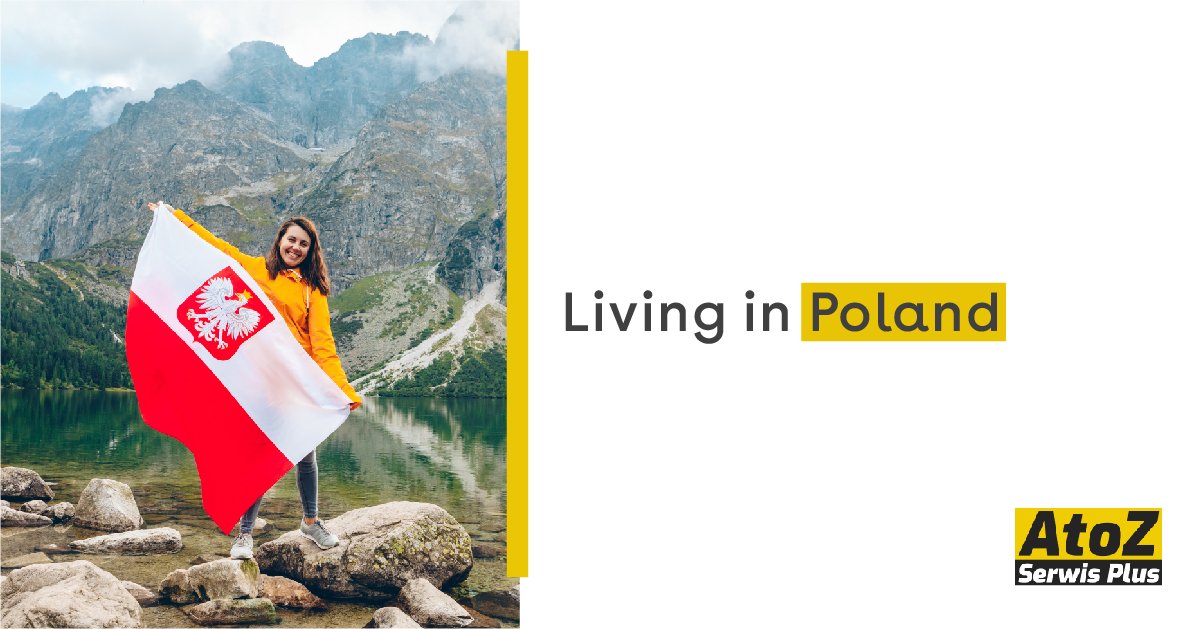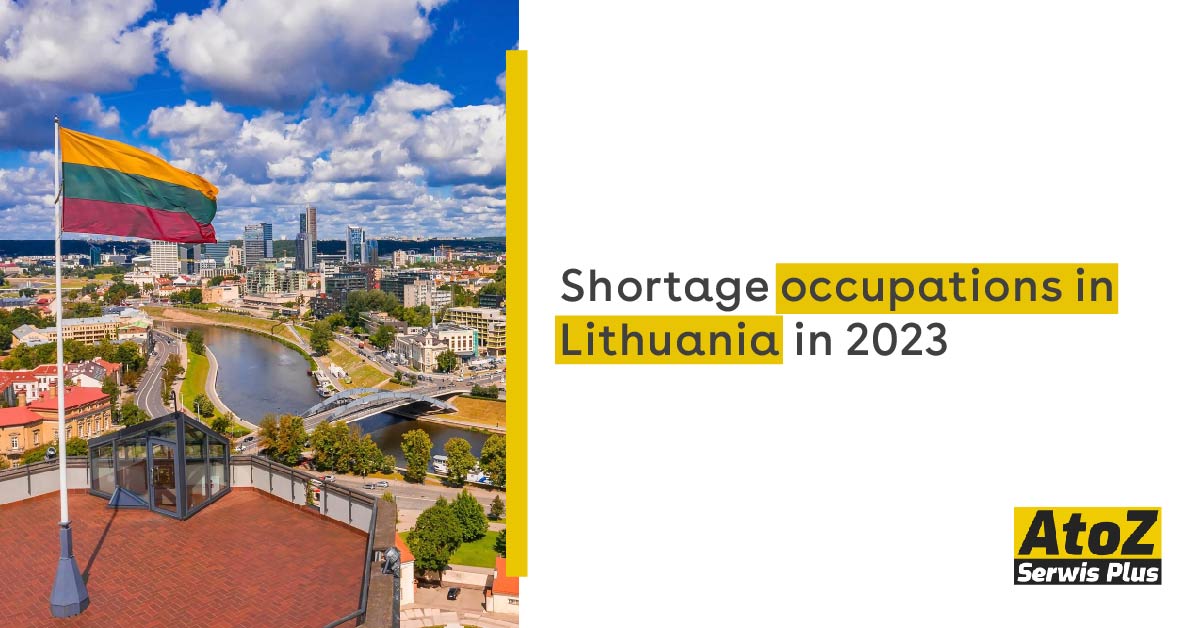

Everyday manners in Poland
As Ralph Waldo Emerson once stated, "Manners are the happy ways of doing things". What are the happy ways of doing things in Poland? Are they much different from those known in your country? Find out more about some unwritten rules of behaviour in Poland.
The Polish call it savoir-vivre (French for "knowledge of life"), kindersztuba (from German: "Kinderstube") or simply: dobre maniery ("good manners"). There is more to it than just the way we dress or use cutlery - it is a culture-specific code of behaviour we are raised with. Some rules of etiquette are so natural to us, we do not give them much thought on everyday basis. Take a look at these social rules you are most likely to observe in Poland:
- When travelling on public transport, you are expected to give up your seat to any elderly, pregnant, disabled or injured passengers if they have nowhere to sit.
- If you happen to stand in the doorway of a packed vehicle, step out of it for a moment when it stops, to let other passengers exit.
- A lot of Poles consider it tactless to keep one's hands in pockets while holding a conversation or giving a speech. It is best to avoid this gesture in more formal business situations.
- A handshake is the safest and most universal form of greeting, especially if you are meeting someone for the first time. Although much has been written about the Polish chivalry and the traditional hand-kissing gesture, you had better not try to impress a Polish lady by placing a kiss on her hand. Despite what you might read on the internet, the gesture is now seen as rather old-fashioned and awkward by younger generations.
- In some parts of Poland (especially in Warsaw) it is quite popular to say dzień dobry (hello) and dziękuję (thank you) when getting in and out of a lift. However, some Poles find this practice rather funny and odd. If someone thanks you for riding a lift with them, you can respond with dziękuję.
- It is still very common for Polish men to help a woman put on her coat or jacket - it is a question of manners, not romantic interest.
- Poles are very mindful of a certain door etiquette, which is seen as politeness or common courtesy rather than chivalry. Holding doors open for others is treated as a natural act of kindness. While it is true that Polish men always let women pass through a doorway first, it is also common to let a person of the same gender or an elderly walk in front of you. When in doubt, just be considerate of others and you will never err!
How to behave in a Polish office?

















